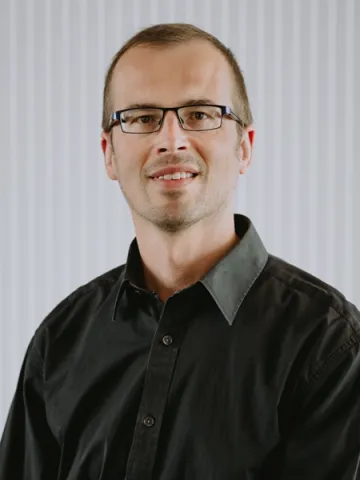About the project
Imagine measuring temperature along 200 km of optical fibre with unprecedented precision, even in extreme environments. This project pioneers Rayleigh-based distributed temperature sensing in hollow-core fibres, enabling breakthroughs in monitoring subsea cables, wind farms, and nuclear systems, while combining simulation, experimentation, and cutting-edge optical technologies.
At the Optoelectronics Research Centre (ORC), we are pioneering a new generation of optical fibres that are transforming technologies from high-speed data transmission to next-generation sensing. This project will develop a completely new way to measure temperature along an optical fibre, a technique known as Distributed Temperature Sensing (DTS), using Rayleigh backscattering in gas-filled hollow-core fibres.
In conventional DTS systems, temperature is measured using Raman scattering, a process that produces a very weak optical signal. As a result, these systems can only measure over relatively short distances (typically less than 50 km) and perform poorly in harsh environments such as high-radiation or very low-temperature (cryogenic) conditions. This project takes a new approach. Instead of relying on weak Raman signals, it uses Rayleigh backscattering, which occurs when light interacts with gas molecules inside a hollow-core fibre. This method can potentially extend the sensing range beyond 200 km with excellent accuracy.
You'll model light–gas interactions, run computer simulations, and design and build an experimental setup to demonstrate this new sensing technique. This research will have practical applications in monitoring critical infrastructure such as subsea power cables, offshore wind farms, and nuclear or fusion energy systems. You will work with world-leading scientists and have access to state-of-the-art hollow-core fibres and world-class optical laboratories.
The School of Optoelectronics (ORC) is committed to promoting equality, diversity inclusivity as demonstrated by our Athena SWAN award. We welcome all applicants regardless of their gender, ethnicity, disability, sexual orientation or age, and will give full consideration to applicants seeking flexible working patterns and those who have taken a career break.
The University has a generous maternity policy, onsite childcare facilities, and offers a range of benefits to help ensure employees’ well-being and work-life balance. The University of Southampton is committed to sustainability and has been awarded the Platinum EcoAward.

